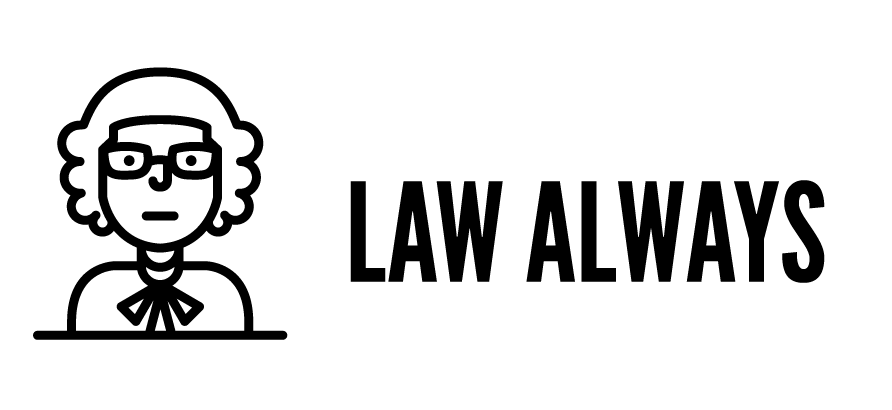Following the 2008 financial crisis, traditional financial lending outlets were less eager to grant loans to small businesses. Loans fell nationwide by around 18%, leaving America’s 28 million small businesses to explore other borrowing solutions.
One of the funding avenues that stepped in to fill in to plug the lending gap was online lending. Peer-to-peer lending connected small businesses to potential lenders, new online lenders flooded borrower-driven marketplaces, and institutional investors made quick loan decisions online based on cash-flow data.
A Wild West of online lending took shape, which prompted several legal questions. These are the 4 main issues regarding online small business lending.

Do Laws That Apply to Banks Apply to Online Lenders?
Should federal laws that apply to bank charters simply apply to online lenders? Almost certainly not, as online lending transcends international geographical borders. It begs the question: what laws should apply?
Most bank laws were written in a bygone age and could not be applied to the online lending market anyway. Also, if the regulators deem online lenders to be regulated by the same regulations as traditional lenders, that means they should also be privy to the benefits, including the ability of online lenders to pre-empt state and federal law.
Identity Verification and Anti-Fraud Regulation
The more anonymous nature of online lending could leave it vulnerable to fraud and money laundering. Criminals could secure loans, hide their location or identity, and profit via criminal means.
There have already been cases of major online banks and lenders under investigation by the FDIC for “unsafe” banking practices.
Electronic Contacting
The Electronic Signatures in Global and National Commerce Act (ESIGN Act) gives electronic signatures the same legal weight as physical signatures signed on physical documents. However, lenders have to meet certain criteria before an electronic signature can be legally binding.
For example, they must get prior consent from the borrower to use an electronic document and disclose any fees. Lenders must also provide the borrowers with the availability to request a paper copy of any electronic documents. This applies in every state in the US. However, it makes regulation difficult when US lenders receive funding from international lenders.
Licensing
Online small business loan brokers are not subject to federal oversight. Very few states oblige lenders to get licenses.
Licensing in the realm of online lending is a double-edged sword. On the one hand, licensing would be a good foundation on which to build a universal regulatory framework. However, the online lending market’s competitiveness depends on offering low-cost loans. Expensive licenses would increase loan costs and could deter many borrowers.
The financial crash of 2008 demonstrated the dangers of allowing the lending industry to go unregulated. In order to avoid a similar crash in the online lending market, there must be clear and decisive regulation.
These regulations must promote disclosure, verification, and diligence, and benefit the brokers, lenders, and borrowers alike. Ultimately, a better-regulated online lending market is better for everyone, including small businesses, allowing them to grow through responsible, reliable funding.





